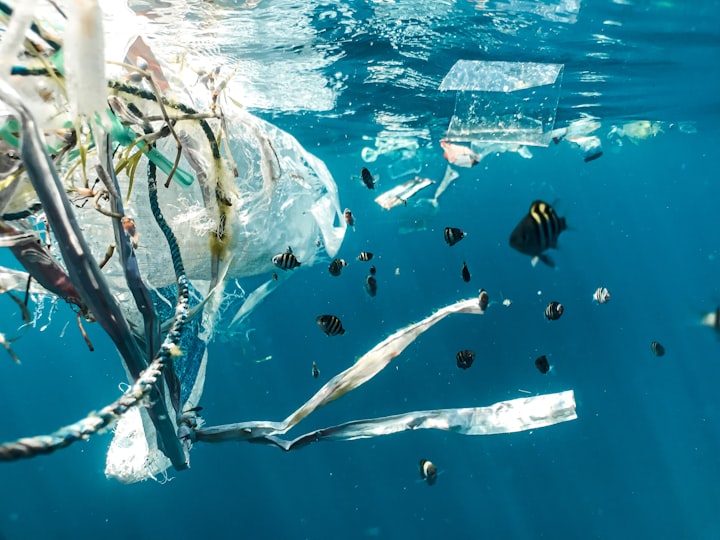The Link Between Deforestation, Net Zero, and Scope 3 Emissions
Deforestation, a key contributor to global emissions, is closely linked to corporate Scope 3 emissions. As the EU's zero-tolerance deforestation law emerges, companies like Unilever and Nestle are at the forefront, addressing their supply chain impacts to achieve net-zero goals.

Deforestation, a major contributor to global greenhouse gas emissions, is intricately tied to Scope 3 emissions in the corporate world. As companies globally strive to achieve net-zero carbon emissions, understanding the relationship between deforestation, Scope 3 emissions, and the net-zero goal is crucial.
1. Understanding Scope 3 Emissions:
Scope 3 emissions include all indirect emissions that aren't covered under Scope 1 (direct emissions from owned or controlled sources) and Scope 2 (indirect emissions from the generation of purchased energy). They encompass emissions from activities like business travel, employee commuting, and most importantly, the production of purchased goods and services, which includes agricultural commodities.
2. Financial Times: The Role of Companies:
- Deforestation's Impact: Deforestation accounts for about 15% of global greenhouse gas emissions, making it a significant part of a company's Scope 3 emissions if their supply chain involves forest-risk commodities.
- Corporate Responsibility: Companies like Unilever are taking responsibility by ensuring their supply chains are deforestation-free, directly impacting their Scope 3 emissions.
3. Unilever's Commitment:
- Scope 3 and Deforestation: By aiming for a deforestation-free supply chain, Unilever is directly addressing a significant portion of its Scope 3 emissions.
- Transparency: Publicly available satellite data allows stakeholders to monitor and verify Unilever's efforts, ensuring accountability in reducing Scope 3 emissions.
4. Reuters: Nestle's Perspective:
- Nestle's Ambition: Nestle's commitment to reduce its carbon footprint encompasses its entire supply chain, highlighting the importance of Scope 3 emissions.
- Addressing Scope 3: Nestle's strategy of shifting its agricultural supply chain towards regenerative farming and tree planting directly impacts its Scope 3 emissions by promoting sustainable agricultural practices.
5. EU's Zero-Tolerance Deforestation Law:
- Investor Concerns: With the introduction of the EU's zero-tolerance deforestation law, major investors have expressed concerns about their exposure to companies with "risky" supply chains. The law, agreed upon in December, mandates companies to prove their supply chains aren't contributing to deforestation or face fines up to 4% of their turnover in an EU member state.
- Companies' Response: While companies like Nestle and Unilever have set ambitious zero-deforestation goals, the new EU rules have raised concerns among investors. Union Investment, a significant investor in Unilever and Reckitt, highlighted the potential risks these fines pose to the stock market performance of these companies.
- Investor Actions: Union Investment, along with other major institutional shareholders, has been actively engaging with consumer goods makers on this issue. Some have even considered exiting stocks of companies that don't align with the new regulations.
- Legislation Implementation: The legislation is expected to be implemented by the end of 2024 for "big operators". This will impact not only consumer goods manufacturers but also other sectors that import goods associated with deforestation.
Conclusion:
Achieving net-zero emissions is a multifaceted challenge, with Scope 3 emissions being a critical component. Addressing deforestation is paramount for companies aiming to reduce their Scope 3 emissions. As industry leaders like Unilever and Nestle pave the way with their commitments, it underscores the need for collective action, transparency, and sustainable solutions in the broader corporate world.
Sources: Financial Times, Unilever, Reuters, Reuters - EU Deforestation Law.




Comments ()